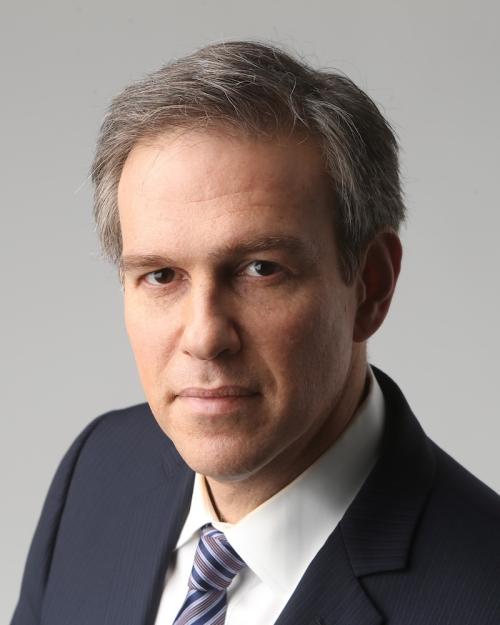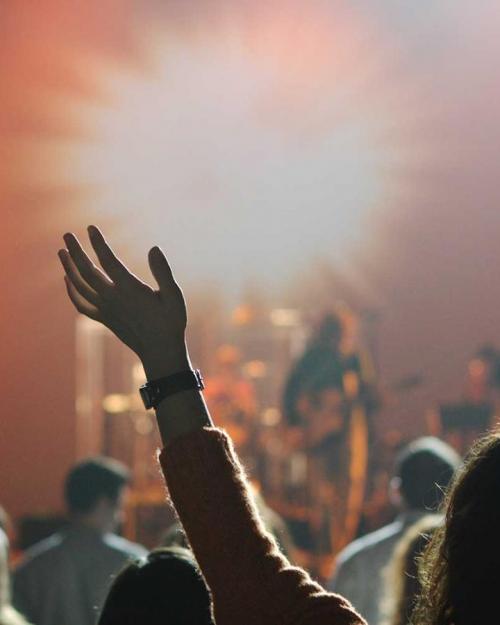People turn to religion for comfort and hope in times of crisis and uncertainty, and March 2020 was one of those times, writes Landon Schnabel, Robert and Ann Rosenthal Assistant Professor of sociology, in a Scientific American op-ed. He says that Americans experienced a spike in distress during this tumultuous period – but is it possible that religion could have spared some Americans from that distress?
Not long after COVID-19 was declared a global health pandemic by the World Health Organization, a survey of about 12,000 Americans was done, March 19-24. Schnabel analyzed that data to measure religion's impact during the pandemic's early days in the U.S.
As Schnabel writes in the piece, "I found that, paradoxically, religion protected mental health but endangered physical health. This pattern was present across groups but was most pronounced among evangelical Christians. It’s important to note that while religions globally encompass an enormous number of faiths, in these data, as in the United States generally, most religious people are Christian.”
Read the story in Scientific American.




